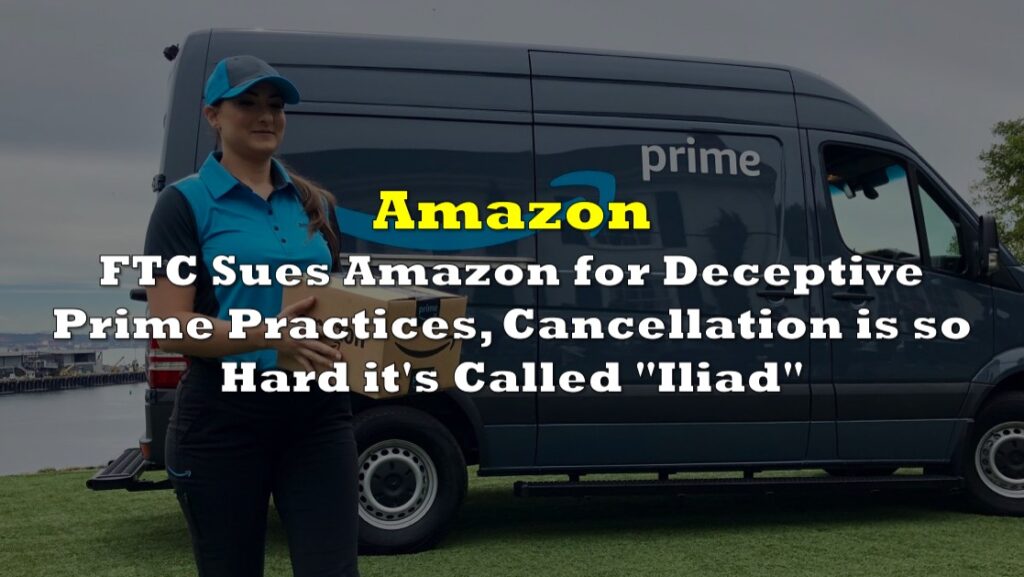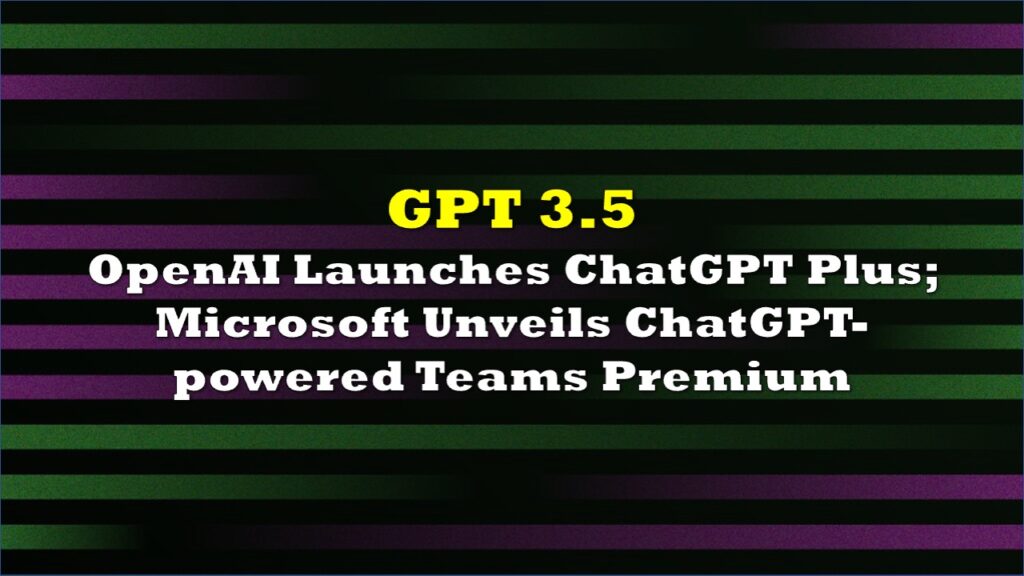A federal district court judge in California has denied the Federal Trade Commission’s (FTC) request for a preliminary injunction to stop Microsoft’s (NASDAQ: MSFT) acquisition of Activision Blizzard (NASDAQ: ATVI). The decision is a major setback for the FTC, which has been scrutinizing the merger over competition concerns.
The FTC had argued that the merger would give Microsoft too much control over the video game market, and that it would likely lead to higher prices and less innovation for consumers.
However, the judge found that the FTC had not shown that it was likely to succeed on its claims.
The FTC cited its decision to block Illumina’s acquisition of Grail as a legal precedent. In that case, the FTC ruled that a merger only needs to create or argue either the combined firm’s ability or its incentive to harm competition. However, the FTC’s decisions are not binding on federal courts, and Judge Corley disagreed with this ruling.
“Under Section 7, the government must show a ‘reasonable probability of anticompetitive effect,’” the judge said. “If there is no incentive to foreclose, then there is no probability of foreclosure and the alleged concomitant anticompetitive effect. Likewise, if there is no ability, then a party’s incentive to foreclose is irrelevant.”
The FTC argued that Microsoft would have an incentive to withhold Call of Duty from rivals after the merger. However, the judge found that Microsoft had an incentive to maintain and even expand the game’s availability on other platforms. This is because Microsoft’s “cross-platform play is critical to its financial success.” The judge also found that the FTC’s expert’s models were not credible.
“Before the merger, there is no access to Activision’s content on cloud-streaming services,” the judge added. “After the merger, several of Microsoft’s cloud-streaming competitors will—for the first time—have access to this content. The merger will enhance, not lessen, competition in the cloud-streaming market.”
The decision is a victory for Microsoft, and it makes it more likely that the merger will be completed. However, the FTC could still appeal the decision, and it is not clear whether the UK’s Competition and Markets Authority (CMA) will approve the merger.
The decision is a mixed bag for consumers. On the one hand, it means that they are more likely to have access to Call of Duty and other Activision games. On the other hand, it also means that Microsoft could have more control over the video game market, which could lead to higher prices and less innovation.
The FTC could still appeal the decision, but it is not clear whether it will do so. The CMA is also still considering the merger, and it is not clear whether it will approve it. If the CMA does not approve the merger, Microsoft could try to appeal that decision as well.
Judge Corley, a Biden appointee, has just ruled against the FTC's bid to enjoin Microsoft-Activision, the largest tech merger in history.
— Lee Hepner (@LeeHepner) July 11, 2023
The Opinion is laced with inexplicable disdain for the FTC, and replete with legal and factual errors. The FTC should appeal. 🧵 https://t.co/U8WHd2PECf
The decision is a setback for the FTC, but it is not necessarily a sign that the agency will be less aggressive in challenging Big Tech mergers in the future. The FTC has been under fire from some lawmakers for not doing enough to rein in Big Tech, and the agency may be more likely to challenge mergers in the future in order to show that it is taking those concerns seriously.
Information for this briefing was found via Vox, The Wall Street Journal, and the sources mentioned. The author has no affiliations related to this organization. Not a recommendation to buy or sell. Always do additional research and consult a professional before purchasing a security. The author holds no licenses.









